The majority of esport players are contractors. They sign a contract with the org, play for the specified limit of time, and eventually leave for greener pastures. This is pretty standard for up-and-coming industries. (Rideshare drivers, hired YouTubers, and Twitch partners are in the same boat.) But that makes it all the more important that professional players analyze their esports contracts closely before signing, as it’s very common for organizations to demand more than they should. After all, there are so many young players chasing the esports dream that the orgs hold most of the cards. Not to mention that, unlike traditional sports, the scene doesn’t have unions or decades of history to define what makes a fair contract.
There aren’t many esports contracts freely available for the public to peruse, but in this article I’ll be discussing three that have been posted online. I’ll mostly be using bits and pieces of them to highlight common traps and compromises that look innocent — but can cause real problems for the signing player down the line. This article should not be mistaken for legal advice, and I highly encourage anyone to have a lawyer look over any contract before they sign it. I also encourage you to read “Time to Be Grown-Ups About Video Gaming: The Rising eSports Industry and the Need for Regulation” by Katherine E. Hollist, which provided a large part of the research basis for this article.
[irp posts=”20798″ name=”Prince Harry calls for a U.K.-wide ban on Fortnite”]
As we go through these, here are several questions you should keep on your mind. Put yourself in the shoes of an esports player and look at each contract for these:
- Does the contract explain, with numbers, what expenses/services the organization is responsible for covering? If the org doesn’t say how much they’ll be spending on tech, for example, expect to be playing with substandard equipment.
- Does the contract give hard dates/figures whenever possible? You have to assume the org will interpret any ambiguity in a way that favors them.
- Does the contract cover what happens if problems crop up? Don’t sign a contract that leaves you high and dry if the org fails to uphold their end.
- Be careful of anything involving language such as “lifetime” or “exclusive.” You’re going to have a long career ahead of you; think of the time after you’ve left this org and make sure you haven’t signed away any rights you’ll want later.
Contract #1

The first esports contract I found was for a player named SingSing, who was joining the team “RattleSnake Gaming” for a period of three months. Overall, I found it a relatively fair-looking contract.
- RattleSnake agreed to handle travel expenses, equipment, lodging, and $1,000-2,000 in salary, the larger values dependent on the team’s success in any tournaments during that time period. (That being said, they were rather vague on what they would actually spend for all those things, and the player would basically have to trust the management doesn’t skimp and leave them with substandard fare.)
- The most important part (how much money the player makes) is spelled out clearly and variations are defined with hard numbers.
- The biggest problem with the contract, in my opinion, is the mere 1 week’s notice for renewal or not-renewal of the contract going forward. That wouldn’t be nearly enough time for me to sort my future out, and it would basically leave me at the mercy of the org once approaching the end of the three months.
This contract needs very few adjustments; I would simply insist on some more solid numbers regarding what the org will be spending on travel/lodging etc. But all in all, I’d probably still sign RattleSnake’s contract before the next one.
Contract #2
This one is for a player named DeMoN, potentially signing with Admiral.
- Before I start complaining about it, I must note that the salary and winning percentage are clearly spelled out, which I always consider the most important part of a contract.
- However, while it does a good job stating clearly what responsibilities the player must fulfill, it gives the org far too much leeway in dropping the player with only 3-days notice. Likewise, “unprofessionalism” is a very open-ended term with pretty much no oversight or universally-agreed upon definition.
- In addition, the contract gives the org permission to use the player’s likeness/image with no stipulation on length of time. As I’m reading it, it appears to give them permanent rights to the player’s likeness even after the player has stopped playing for the team.
- The “buyout” value is not specified in any way. What does it cost if I want to leave early?
- Unlike with RattleSnake, there are no mentions about the org covering travel or lodging expenses. Honestly, the team appears to do very little for the contractor as per their stated responsibilities in the contract.
This contract needs far, far more explanation on what the org is responsible for and what the player is getting from the contract. Right now it seems like he’s signing away almost everything and getting little in return other than a spot on the team. But it’s still light years better than this:
Contract #3
This is the contract players are being coerced to sign to participate in the Asian Games if they're from India. The qualifiers are being hosted by @esfindia
I am no authority on contracts, but a cursory glance shows how utterly vile and atrocious this contract is. pic.twitter.com/ugL5laIr4Y
— Bleh (@OfficialBleh) June 6, 2018
I’m not the first writer to cry foul at this particular contract. Three lawyers told ESPN the contract was “very one-sided.” Cybersport’s administrative manager Mariam Mainhardt called it “embarrassing slavery of a contract.” This contract covered a whole medley of different games at the NESC 2018 Road to Asian Games and was between the athletes and the Esports Federation of India.
- ESFI declared that it wouldn’t cover anything. No travel costs, no medical costs, no visa costs, no “unexpected costs,” and the athletes are entirely responsible for securing their own medical insurance, visas, and lodging.
- Athletes must make themselves available for any promotional/advertising events, and they must grant ESFI a royalty-free, exclusive, irrevocable perpetual worldwide license for their likeness and all marketing content in any online or offline medium. They also note that, again, the players are required to cover the costs of setting up these photo shoots.
- Athletes must waive any privacy or data protection rights for their personal data, as well as waive their right to ever say anything bad about ESFI.
- If the athlete drops out of the tournament or fails to appear for any reason, ESFI demands the right to sue them to recoup the losses accrued from their unexpected departure. (What losses? They didn’t pay for anything!)
- And last but not least, ESFI affirms the right to change/update the contract later without notifying the athletes.
Every single part of that contract is a massive red flag, and any single one of these bullet points would be enough to denounce the whole thing. The org takes far, far more than it’s entitled to and promises almost nothing in return. They can do this because they have DPM (“Dominant Position on the Market”), meaning there’s nobody else for Indian esports players to sign with and still attend the Asian Games.
Esports contracts and esports unionization
And therein lies the real issue. We can discuss guidelines and warnings, but the big problem is that players will likely sign anyway because there are often no other options. This is a large part of the reason many esports professionals and researchers are calling for unionization.
Sports are already a messy and complicated business, subject to all the moral and legal shortcomings of entertainment, plus the increased chance of workplace injury and a competitive environment that encourages overworking yourself. Without unions, esports players are at a disadvantage when negotiating their terms with the orgs. In many cases, they have little option but to accept a bad contract just for the chance to get on stage and receive some exposure.
If pretty much every other sport gets a union, esports deserve them too.

Esports actually has an easier path to developing unions than ordinary sports leagues because each game is owned by a single company. Blizzard, Valve, and Riot could singlehandedly create a framework for the rest of the esports sphere to follow. In fact, Overwatch League commissioner Nate Nanzer has publicly stated he’d be in favor of player unions. But until that day comes, players need to look out for themselves. And the first step is to scrutinize any contract before you sign it.


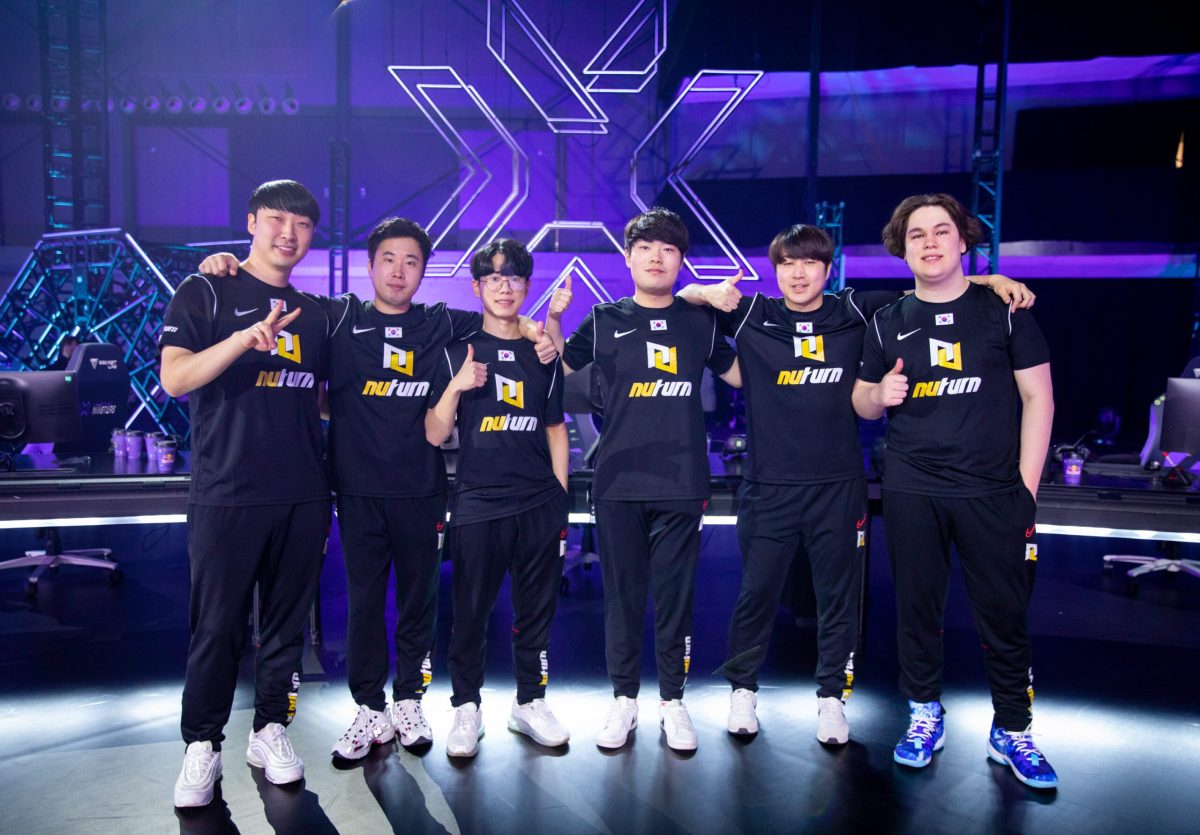

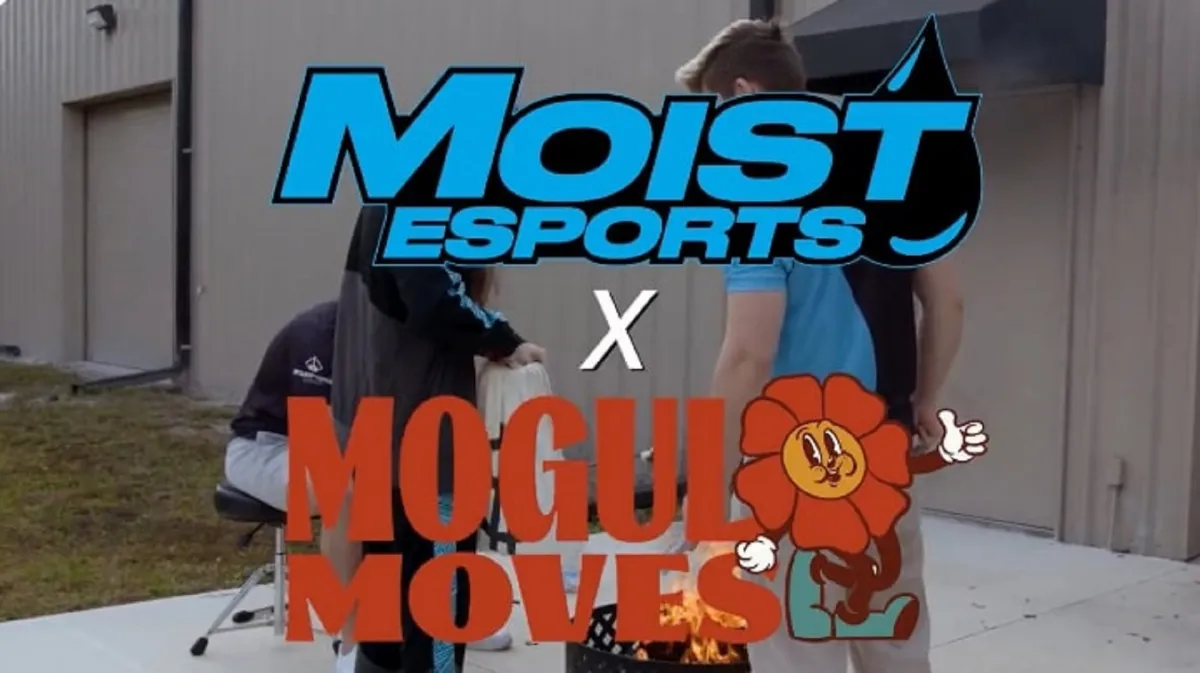
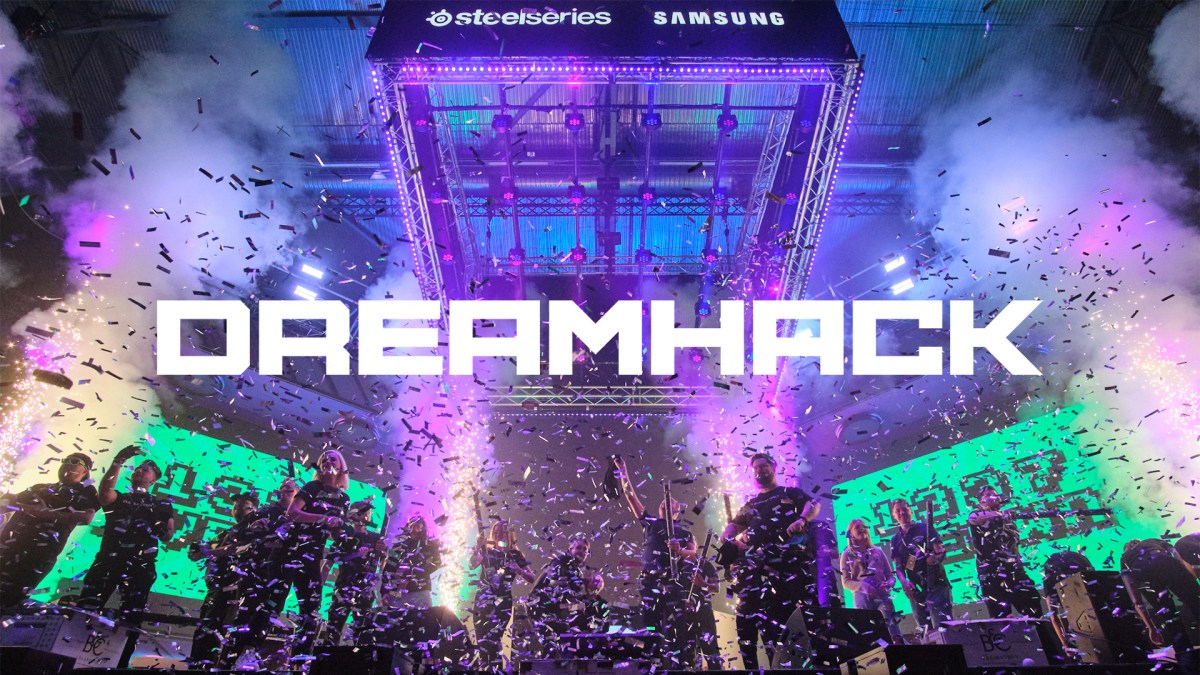
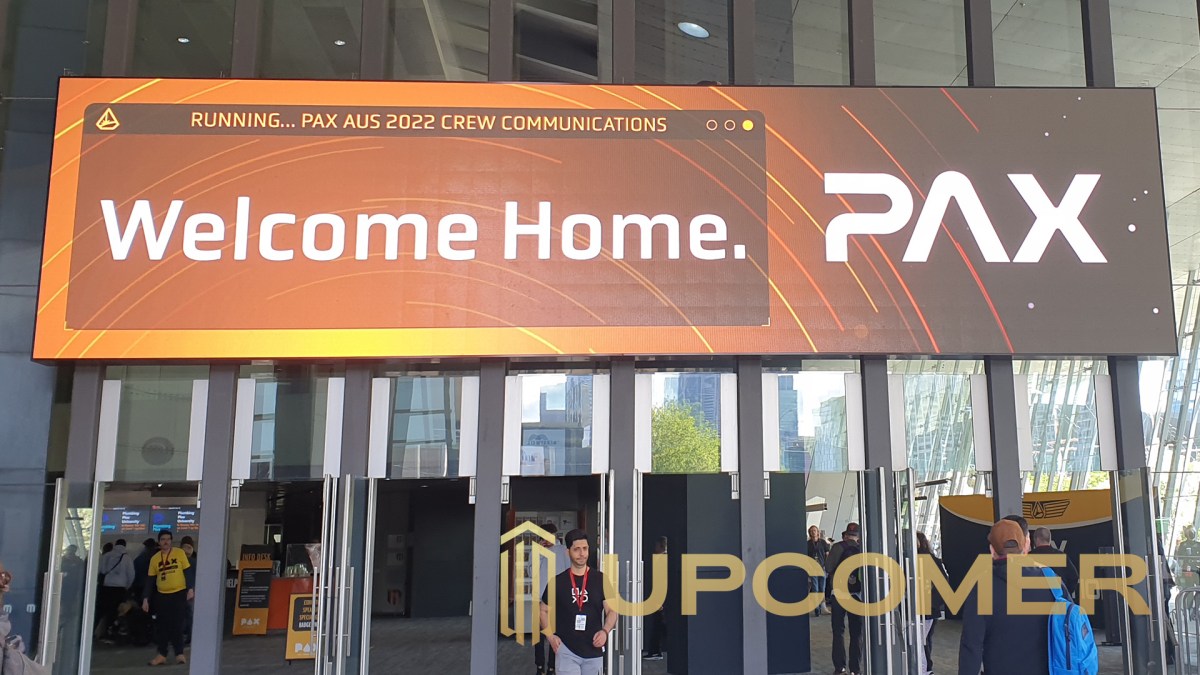


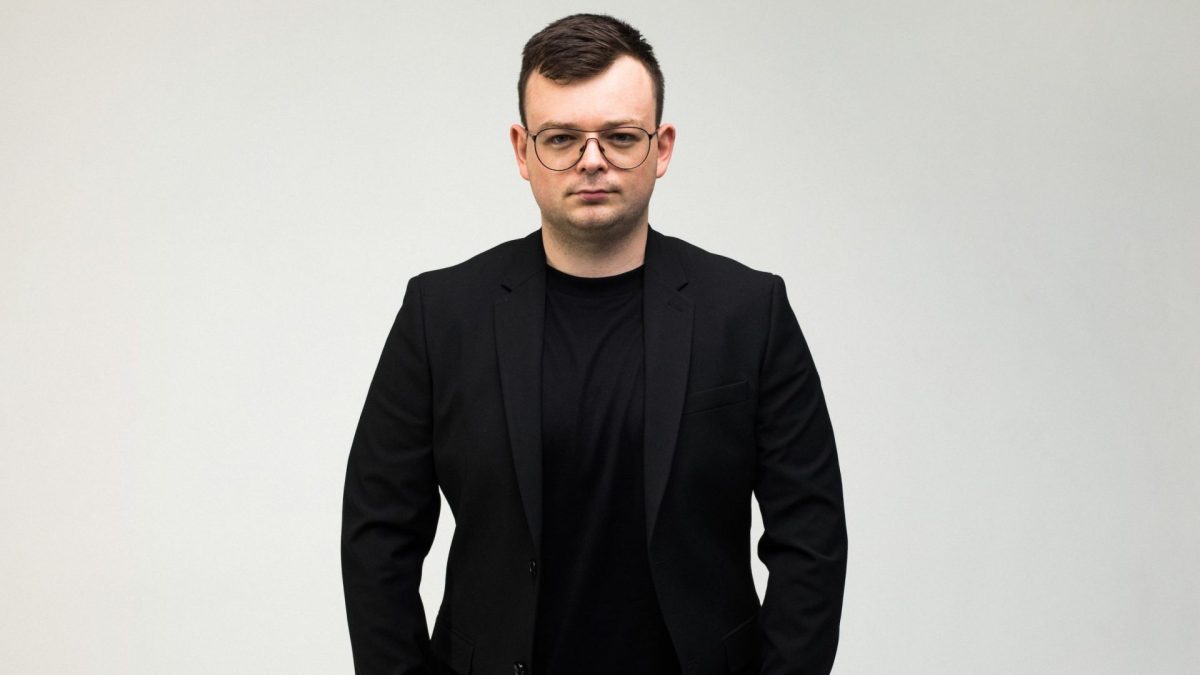

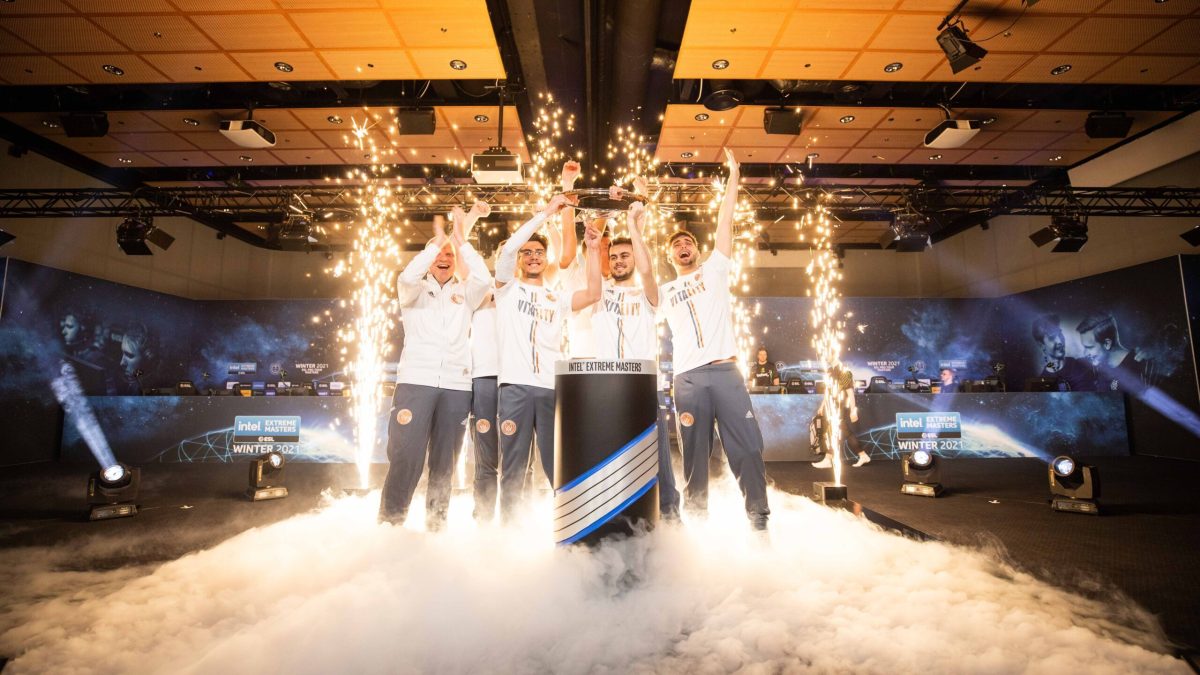
Published: Apr 21, 2019 12:00 pm